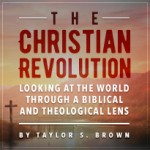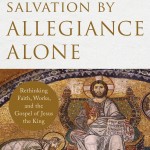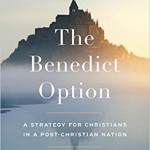This is a short sermon I preached recently. I’ve had to practice crafting and preaching short sermons recently. It’s difficult, but it is also extremely rewarding. Short sermons force me to really understand the biblical text well. You have to know it well enough to communicate the deep truths present in the text in concise format. I still prefer the 30-45 minute sermon as ideal, but these shorter ones do have their place. “The God Who Keeps His Promises” 13 But... Read more
















